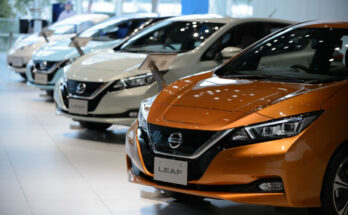The rising popularity of electric vehicles (EVs) is undeniable. Spearheaded by China, the EVs are becoming increasingly popular in developed markets such as North America & Europe followed by rapid penetration in other markets such as Australia, as well as in Thailand & India which in fact is closest to us.
The popularity of EVs in Thailand, Southeast Asia’s second-largest auto market, is increasing rapidly as a result of the arrival of Chinese models. According to statistics, more than 31,000 EVs were registered in Thailand in the first half of 2023, which is more than three times the total for all of 2022. Because of the Thai government’s subsidies, there is now less of a price difference between EVs and cars with combustion engines.
Related: Chinese EV Makers Heavily Investing in Thailand
For example, the cheapest variant of Great Wall’s Ora Good Cat – Thailand’s best-selling EV last year – currently costs around 828,500 baht, while Hozon’s Neta V is priced at 549,000 baht, according to company websites. Compared to this, the Corolla Altis is priced at 894,000 baht and the Yaris Ativ at 549,000 baht, as listed on Toyota’s Thailand website. This means while the price of the Neta V electric vehicle and Toyota Yaris Ativ is the same, the ORA Good Cat has in fact become cheaper than the Corolla Altis.
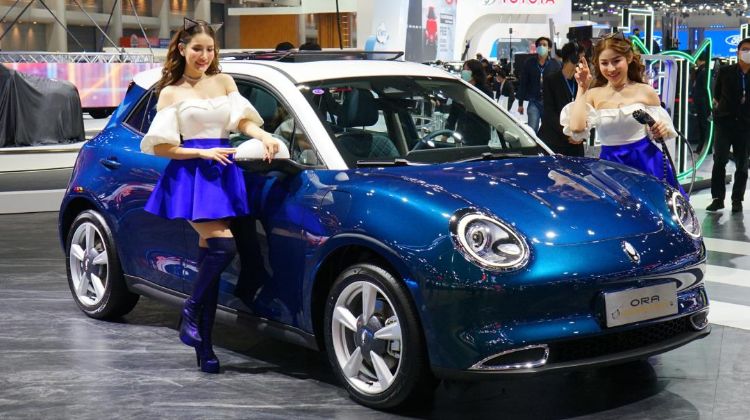
Chinese automakers have recently increased their investment in Thailand, pledging to inject $1.44 billion to build production facilities in the largest auto manufacturing hub in Southeast Asia, which has long been dominated by Japanese companies. Thailand’s government has embraced this new wave of investment, offering incentives and luring Chinese manufacturers with the goal of converting around 30% of the country’s annual car manufacturing to EVs by 2030.
Related: MG Begins Construction of EV Battery Plant in Thailand
China’s Great Wall Motor made an early bet on Thailand in 2020, purchasing a facility from General Motors and converting it into a regional production center for EV and hybrid vehicles for 22.6 billion baht ($647.38 million). Next year, the manufacturer will begin producing the popular compact Ora Good Cat EV in Thailand, as well as bringing in its subsidiaries MIND Electronics, HYCET, and Nobo Auto, which manufacture electronics, powertrains, and seating.
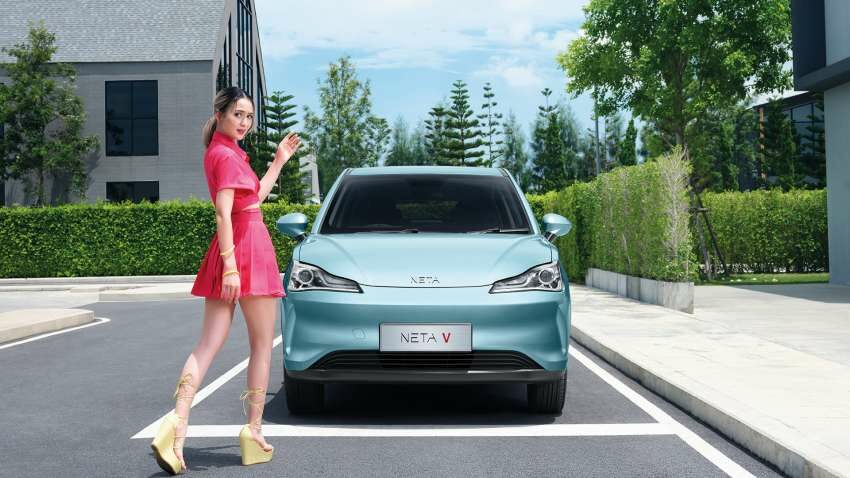
SAIC Motor, which owns MG Motor and is partnered with Thai giant Charoen Pokphand Group, debuted its first electric vehicle in the country in 2019. The company announced in April that it will invest 500 million baht to expand its existing facilities for EV parts and battery manufacturing.
Related: Thailand Nabs $285m Changan EV Plant as Chinese Investment Booms
BYD, the Chinese EV powerhouse, is investing 17.9 billion baht to build a new factory in Thailand that will begin producing 150,000 passenger cars per year in 2024, with some exported to Southeast Asia and Europe. Meanwhile, Hozon New Energy Automobile of China is also collaborating with Thailand’s Bangchan General Assembly to construct the electric Neta V model locally beginning next year.

According to the Thailand Board of Investment (BOI), several deals are also in the works. Changan plans to invest 9.8 billion baht in the first right-hand drive EV manufacturing outside of China. GAC Aion, a subsidiary of state-owned automaker Guangzhou Automobile Group (GAC), is to invest more than 6.4 billion baht in Thailand to produce EVs.
Related: Chinese Cars Shaking Up the EV Market in Thailand
Chery Automobile, which initially introduced a self-developed EV in 2009, is “very interested” in investing in Thailand and aims to enter the market early next year, says BOI. According to Reuters, Geely is also in the early phases of planning an entry into Thailand, considering weighing models for import and local manufacturing.
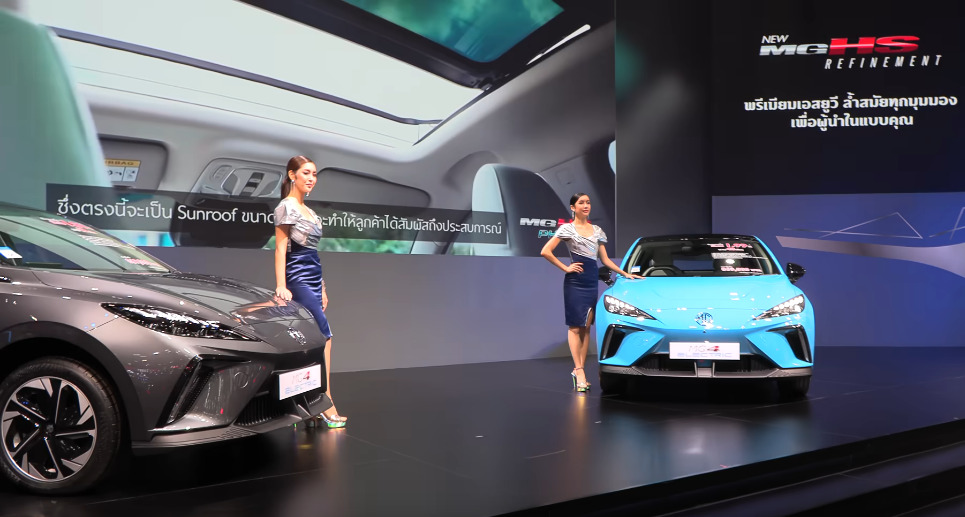
Bear in mind most Chinese automakers within China have ditched making ICE cars and are dealing purely in New Energy Vehicles (NEVs), a term which encompasses battery electric vehicles (BEVs or simply EVs), plug-in hybrids (PHEVs), and range extenders (EREVs). Bear in mind HEVs (hybrid electric vehicles) and MHEVs (Mild-hybrid electric vehicles) are not considered as NEVs. This is an area where the Japanese seriously lag behind and are on the verge of losing their market grip in Thailand, which is the second-largest auto market in Southeast Asia, only behind Indonesia.
Related: Electric Vehicle Adoption Projection Between 2022 and 2025
The fact that EVs are currently priced similarly to ICE cars (in Thailand) demonstrates the seriousness of the danger to the latter’s survival. Even while government subsidies are now supporting EV prices, analysts predict that without these subsidies, EV pricing will soon be competitive with those of ICE vehicles.
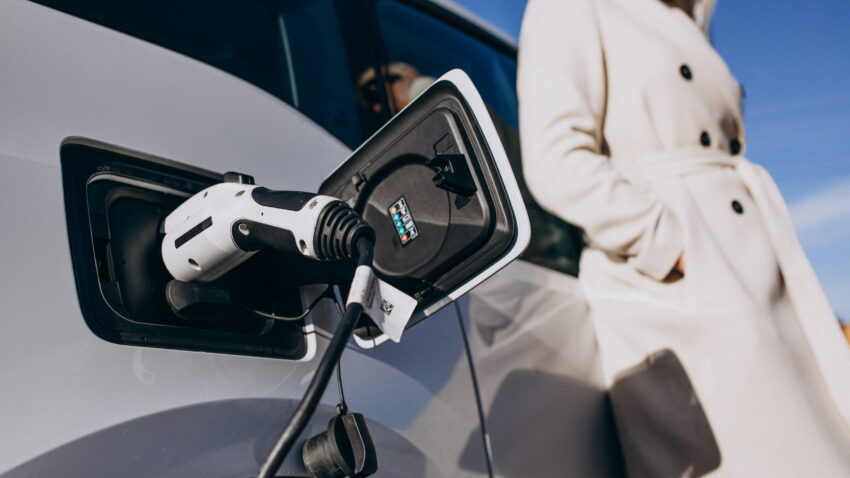
The number of consumers looking to buy EVs globally has hit 52%, according to the latest EY Mobility Consumer Index (MCI). This is the first time 50% has been exceeded, and it represents a rise of 22 percentage points in just two years. EVs are growing in popularity among regular automobile buyers all over the world due to their zero emissions, simpler maintenance, and less concern about the number of potential failure points compared to ICE cars. The only concern that exists is the charging infrastructure, which has been greatly resolved in developed markets but the rest of the world & emerging EV markets are still catching up. If that box is ticked, the intense EV penetration cannot be stopped.
Related: Pakistan Ranked 3rd Most Polluted Country in World Air Quality Report
Though it might require some time for EVs to become popular in Pakistan as the govt EV policy and the resistance from the conventional players in our market is the biggest hindrance to EV adoption in the country. However, if proper progressive policies are formulated and more importantly implemented, then common auto buyers will benefit from electric vehicles that will not only help save a massive cash outflow in terms of fuel imports but will also have a positive environmental impact which is the need of the hour.

A computer animation professional with over 23 years of industry experience having served in leading organizations, TV channels & production facilities in Pakistan. An avid car enthusiast and petrolhead with an affection to deliver quality content to help shape opinions. Formerly written for PakWheels as well as major publications including Dawn. Founder of CarSpiritPK.com



